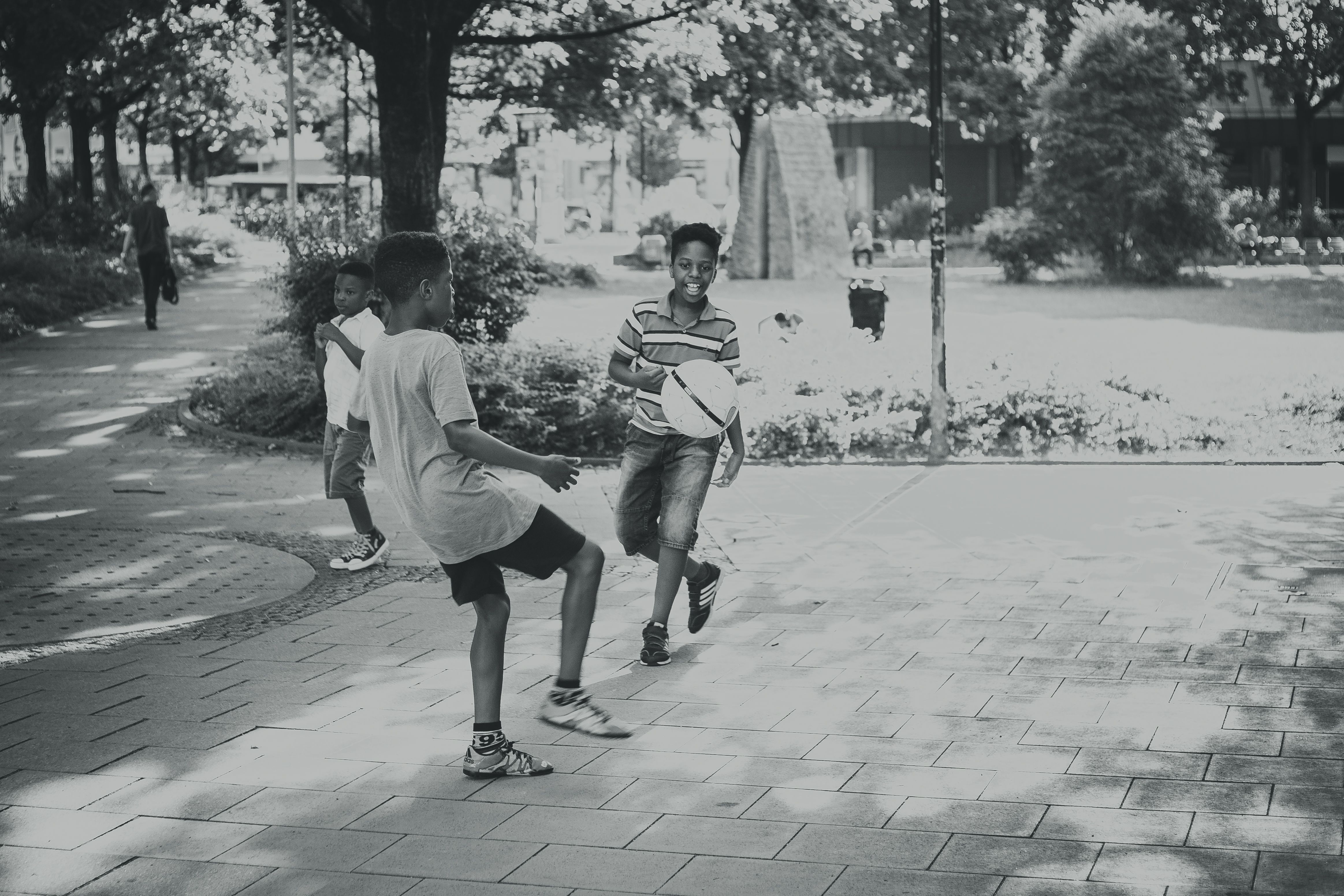
We’ve been discussing trauma with students this last week, and wanted to share some of the topics we touched on.
What Is Trauma?
Trauma is an emotional response to an impactful event like an accident, assault, or natural disaster. Shock and denial can occur immediately or soon after the event, and longer term reactions include unpredictable emotions, flashbacks, strained relationships, and some physical symptoms.
You may not experience trauma from the same events as someone else. Since we are all unique, some events may be traumatic for us and not for others, and vice versa. Similarly, all of our coping mechanisms and support systems are unique, which can affect the lasting effects of trauma.
Student Perspective:
Trauma is a tricky thing. People don’t understand it, which leads to them potentially making the trauma worse. You can’t tell a child with parental abuse trauma to go see their parent because they’re their parent. There is still the trauma. Pressing them to get over it and go see them is going to make them have a panic attack. Certain things that may seem unrelated can be huge triggers. Some people can’t stand certain scents. Something as seemingly small as a color can be a trigger, and it’s valid. So many people invalidate triggers and it’s infuriating.
What can I do?
- Notice and take care of your own trauma
- Practice empathy and refrain from judgment
- Accept that lasting effects of trauma can show up anywhere at any time, and let that inform your patience and empathy with others
- Know about resources and common coping tactics
- Make trauma a more common topic of discussion
- Support others by listening and believing
Resources
- Therapists, counselors: you can find these online, at school, and other community support locations. However, not everyone will feel comfortable with this option, or may need to try out several different providers before finding one that feels right. Cost may also serve as a barrier.
- Medical professionals: you can mention what you’re feeling and dealing with to your doctor, and they can help find resources. This may not be a comfortable or reasonable option for everyone. Cost may also serve as a barrier.
- Teachers, coaches, school staff are an option if you feel comfortable.
- Faith-based support systems.
- Other community resources, including online options.
- Friends and/or family.







